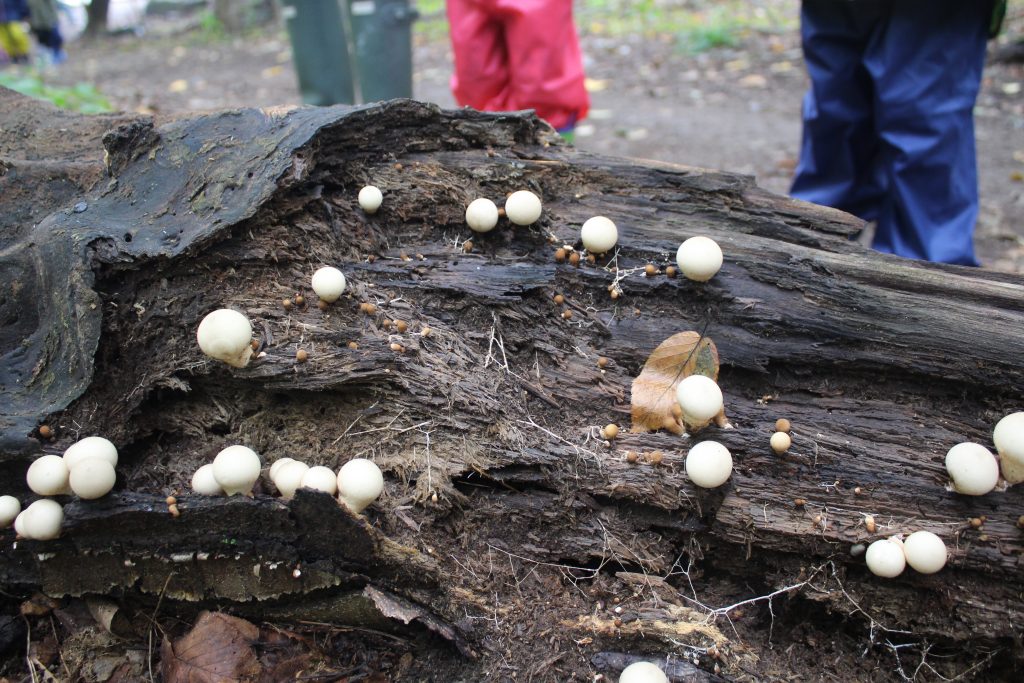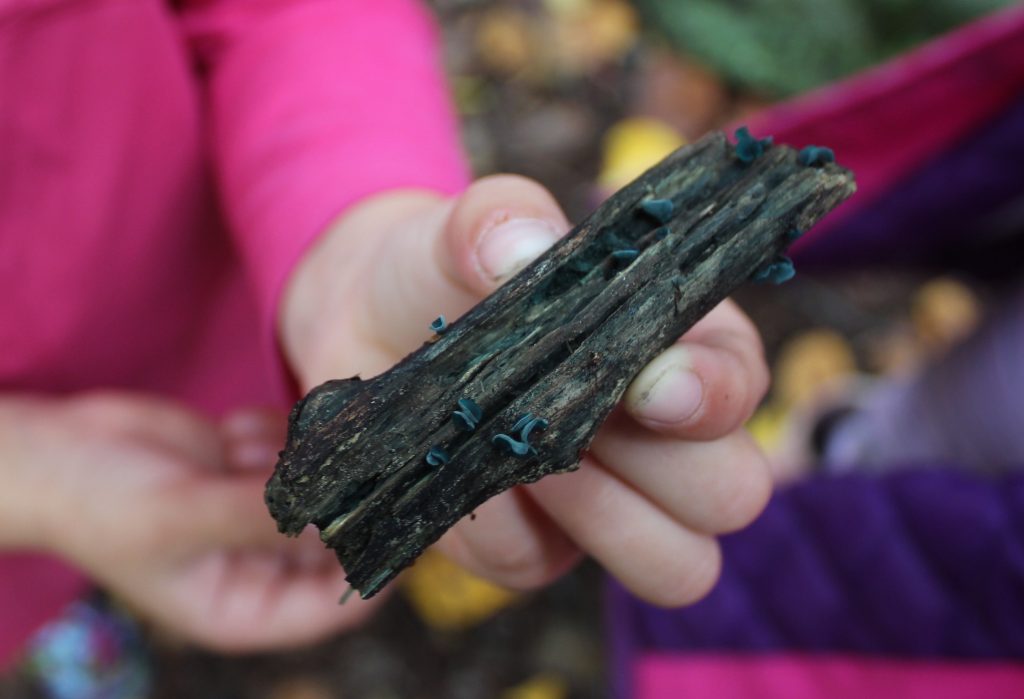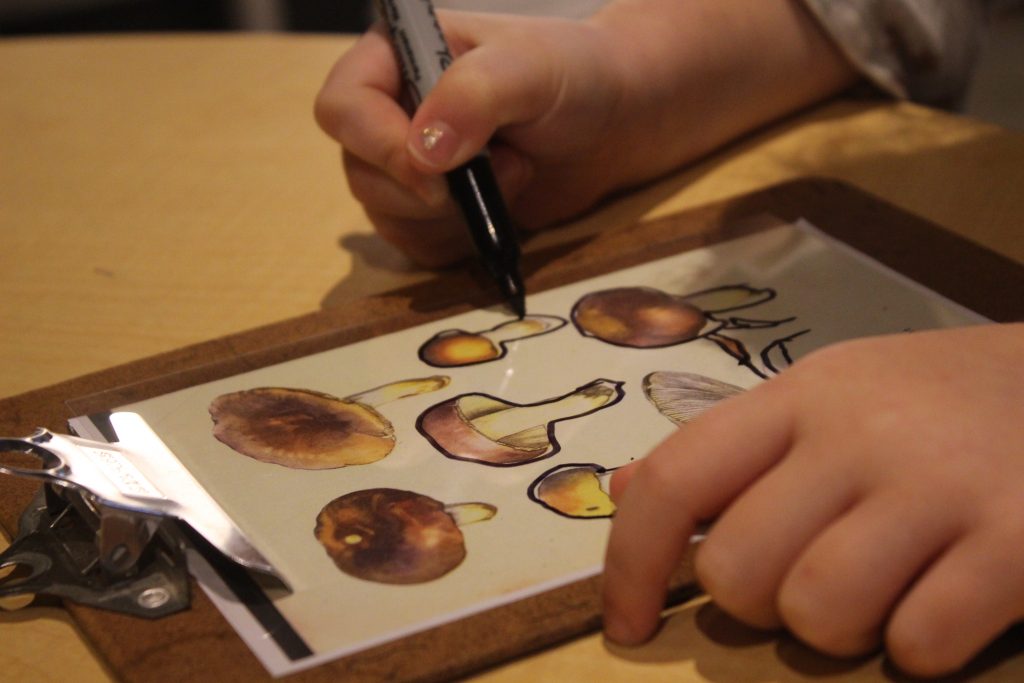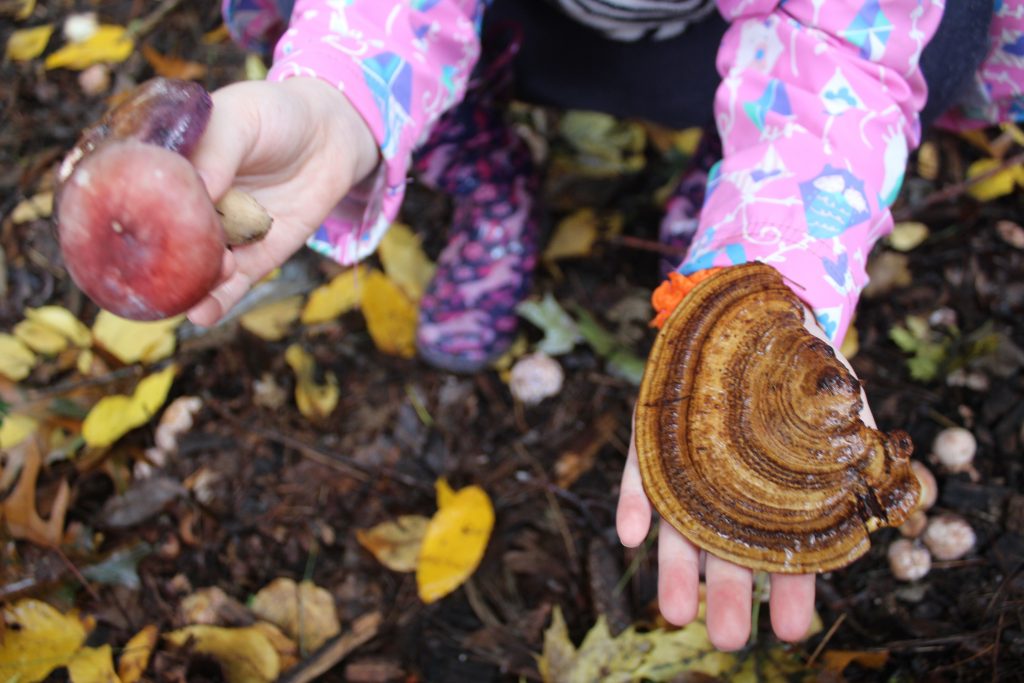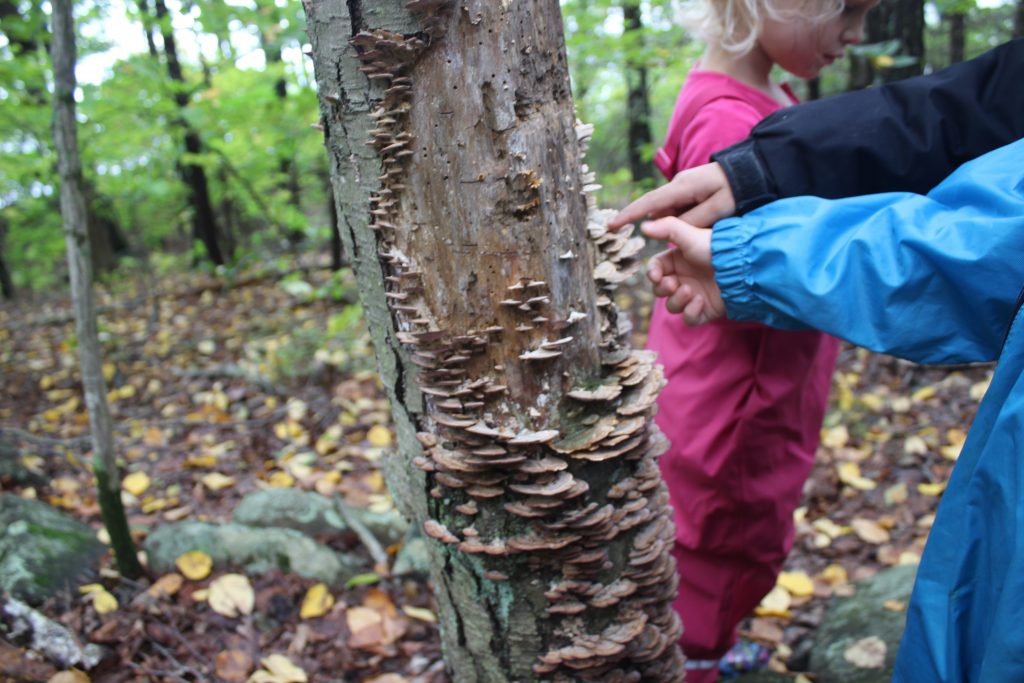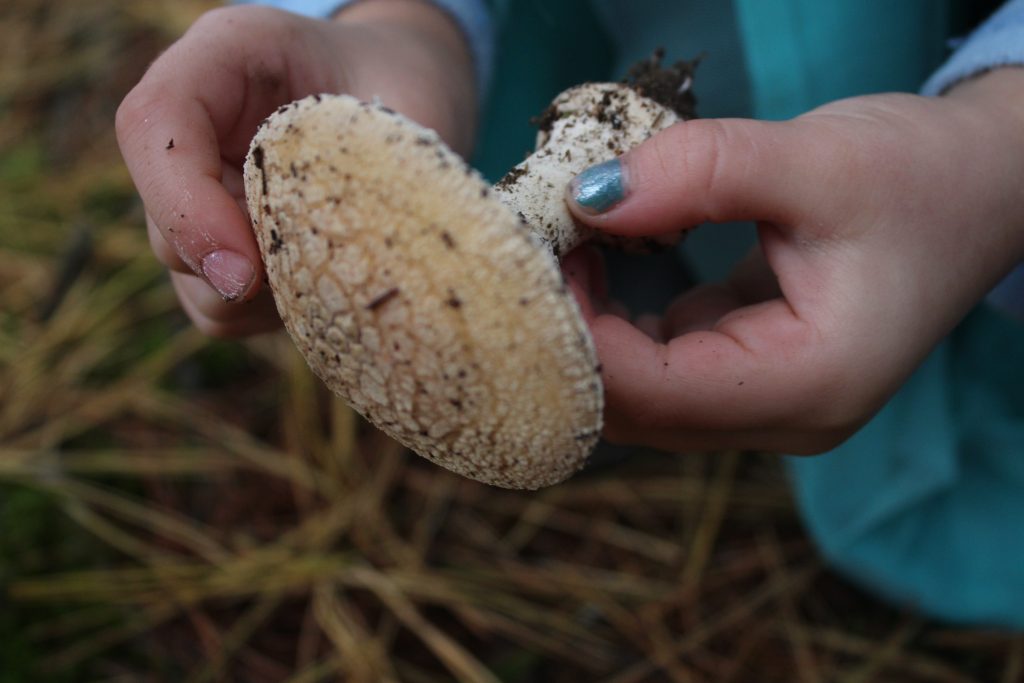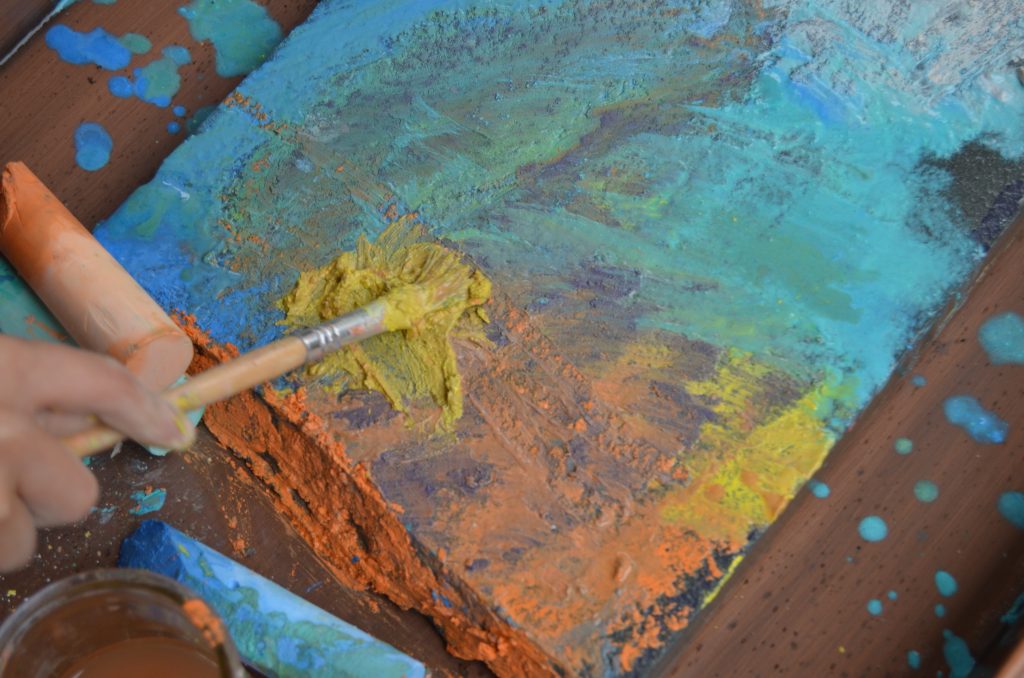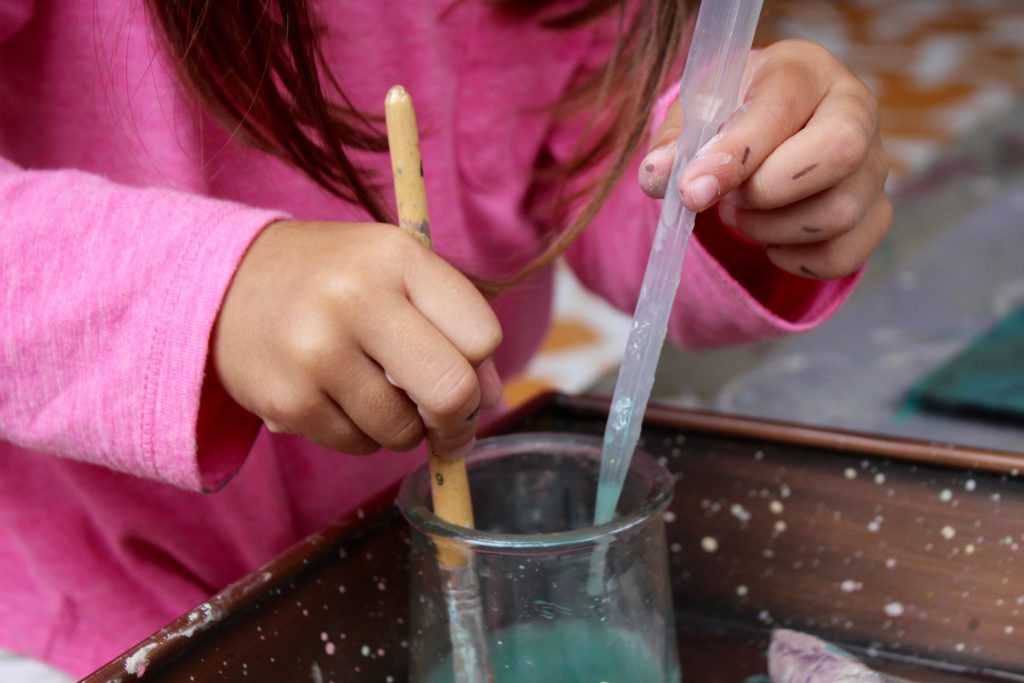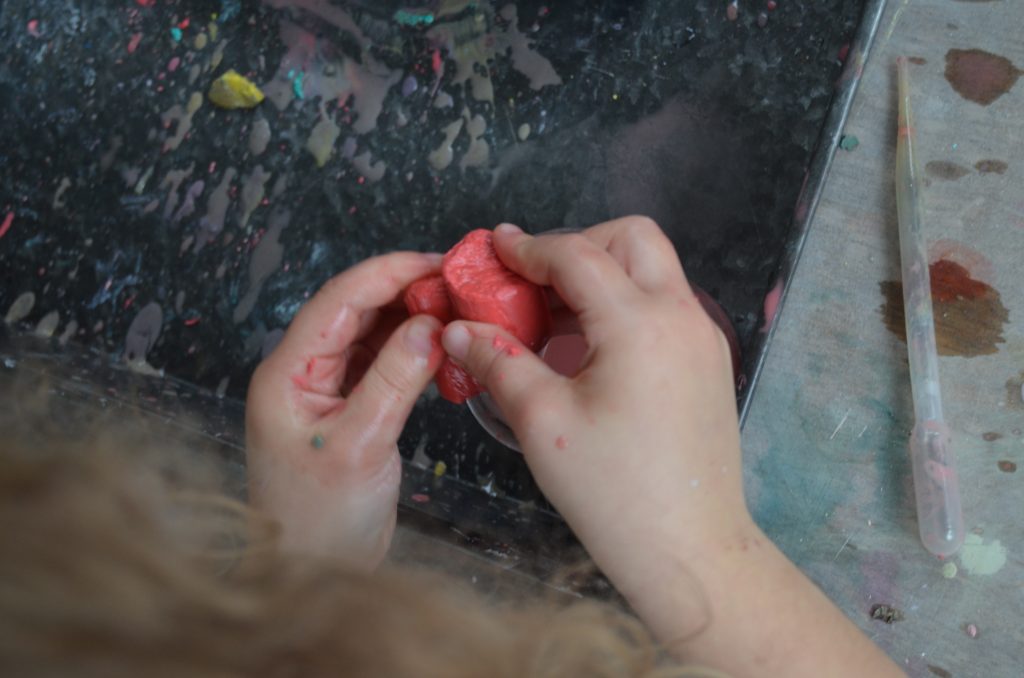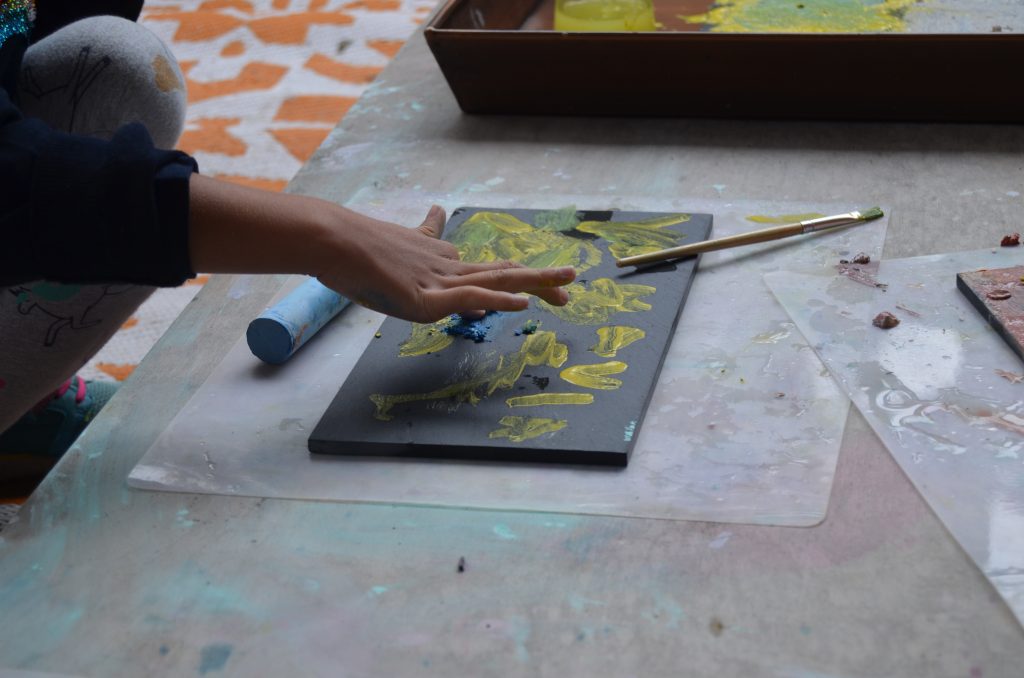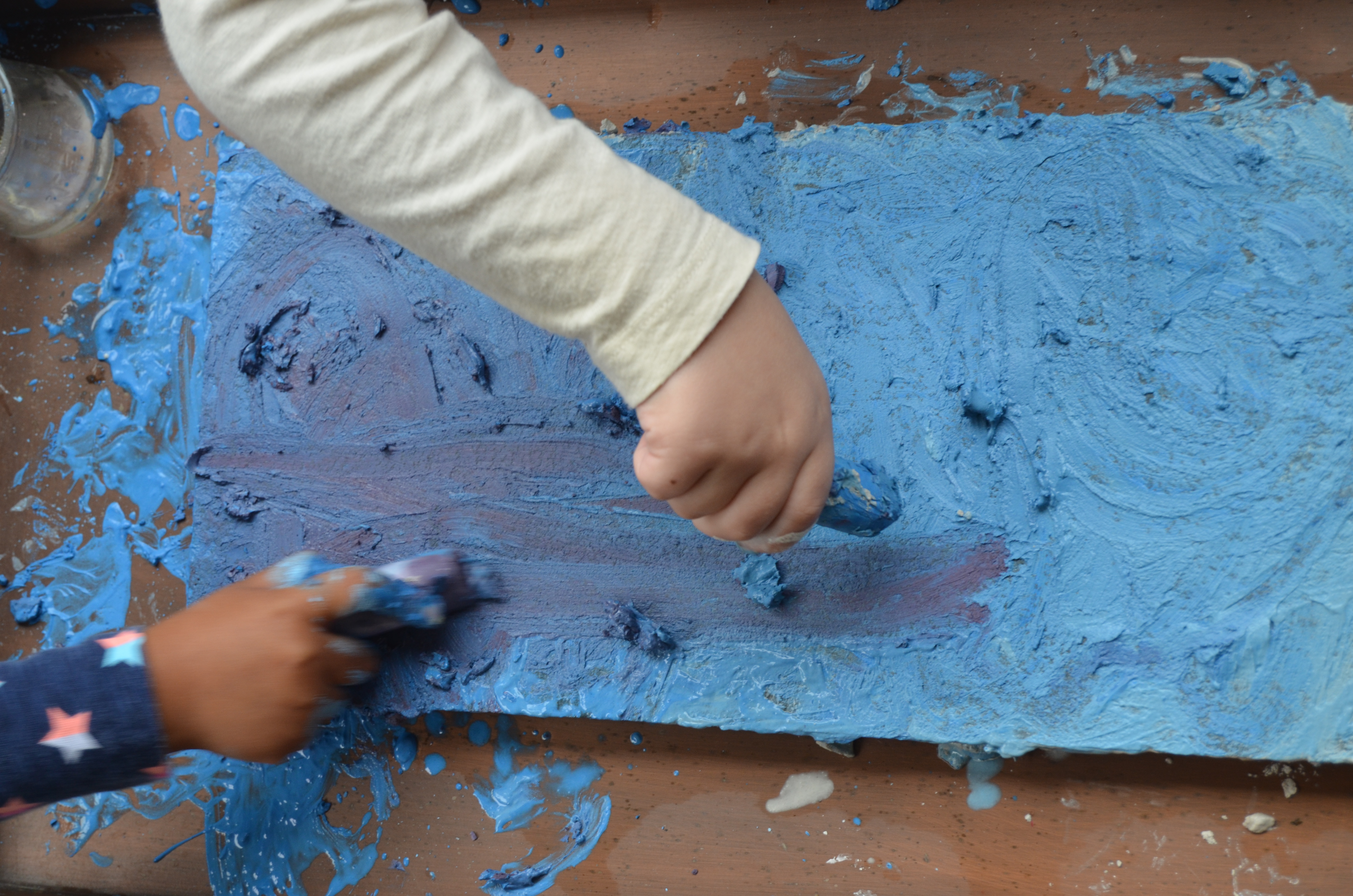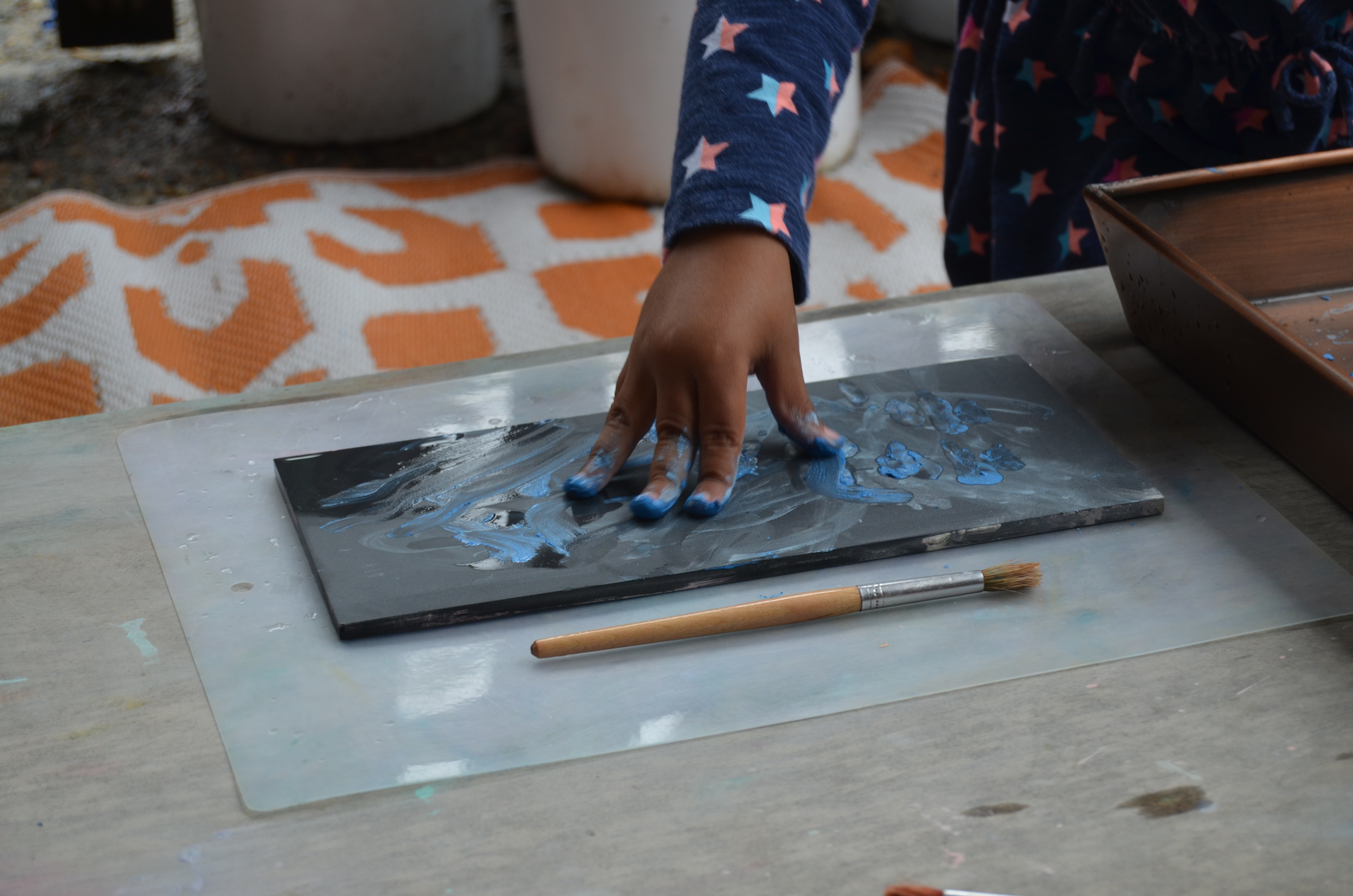“So we can mix them. Like put them in water.” HELEN
“It melts and one got harder.” AVERY
“Mix the chalk in the water in the jar. Melt the chalk in like a bottle. It turns into paint.”
“Mix it really hard, it makes paint.”
“Cuz when you put less water in the paint jar it will grow hard. More water be more paint.” ELLIOTT
“So when you leave the chalk out in the water it makes it goopy.” CALLEN
“Yeah, really sticky. It’s hard and soft.” AVERY
“When you mix goo, it won’t go back together. It gets gooier.” CHARLOTTE
“I pressed it down and it made a print. [It felt] Gooey.” SOFIA
“Soft”
“Slippery.” AVERY
“I was screwing it. Rub it hard and the heat.” CALLEN
“Turning the chalk on the board, it melts.” JOSEF
“I squeezed water onto the chalk so when we draw the wet chalk comes off and sticks.” ELEANOR
“I think you should actually scrub it first or you could put the water on first.”
“If the board is wet and the stick of chalk is dry, it will not make that sound.” ELEANOR
“Fizzing makes a sound, bubbles don’t.” JOSEF
“When bubbles pop they do.” PARKER
